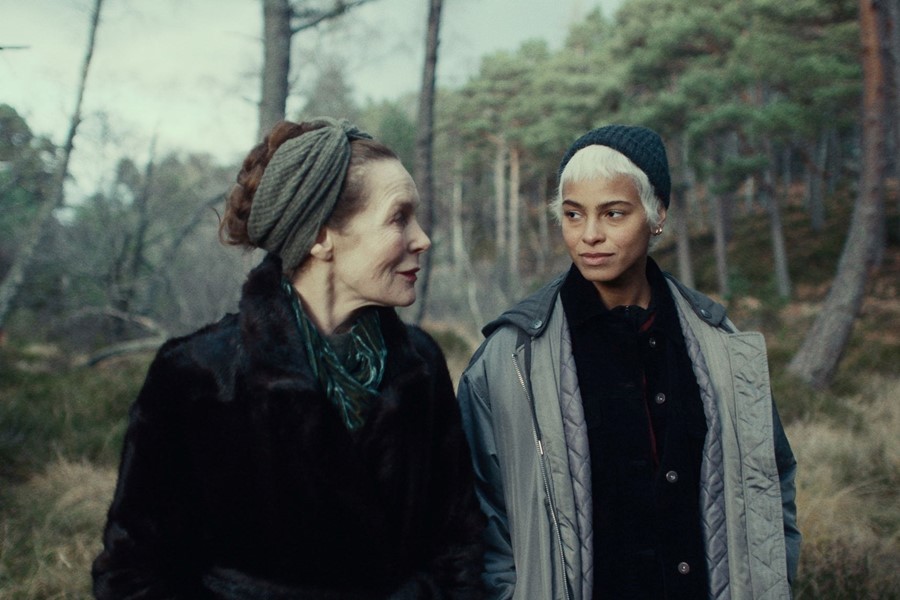Although unsettling and uneven, Charlotte Colbert’s folk horror-tinged debut is a serious attempt to connect the abuses of the past with those of the present
Outside the Depp v. Heard trial in the US last month, Depp fans carried signs bearing the slogan “Burn the Witch”. The case, widely reported as a hammer blow for the #MeToo movement, follows years of claims by film-industry figures – Woody Allen, Terry Gilliam, Michael Haneke – that the movement’s chief legacy has been to foster a ‘witch-hunt’ atmosphere against men. (‘Witch-hunt’, lest we forget, was Donald Trump’s go-to phrase when he was accused of anything at all, from colluding with the Kremlin to inciting violent coups.)
Amid the misogynist cut-and-thrust of contemporary politics, the witch has become a contested figure in the culture wars. Here to reclaim her for the side of the abused is Charlotte Colbert, French-British director of She Will. In her folk horror-tinged debut, ageing film star Veronica, played by South African actress Alice Krige, reawakens old traumas on a spiritual retreat in the Scottish Highlands. Veronica wants to withdraw from the public eye after undergoing a double mastectomy, and has hired a beautiful young nurse, Desi (Kota Eberhardt), to come along for the ride. Only thing is – wouldn’t you know it – the hotel also happens to be the scene of a historical crime, as the final resting place of some 3,000 women put to death as witches. Before long, Veronica is having gruesome visions of these unfortunate women, interwoven with flashbacks from her own recent – and not so recent – history as a cancer survivor and former child actor.
There’s a lot wrong with this film, not all of it accounted for by the meagre budget. The script is patchy, the tone is uneven, the supporting turns are hammy in the extreme (s/o to Rupert Everett, on swivel-eyed form as a cult leader-like art teacher in a witchfinder’s hat). But there is a dreamlike power in Colbert’s brooding, near-black-and-white landscape photography, which flirts with pure abstraction and is only occasionally undercut by the schlocky dream montages. There are also fine performances from Krige and Eberhardt as Veronica and Desi, whose odd-couple relationship gives the film real heart and poignancy. Krige, in particular, excels as Veronica, her actor’s mask of haughty disdain cracking as she is confronted with other women’s pain and, finally, her own.
At which point, the “she will” of the title comes into play, as Veronica feels the first stirrings of a power that seems to flow naturally from these newfound feelings of solidarity. How will she use her power? Perhaps the truer reading of the title would be as ‘she-will’ – a reassertion of female agency in the face of victim narratives like #MeToo and the early-modern witch trials. While Colbert’s film doesn’t always cohere, it at least feels more rooted in lived experience than another recent attempt to put paganistic horror through a post-feminist lens, as in Alex Garland’s self-consciously daring Men. Unsettling and uneven, it’s a serious attempt to connect the abuses of the past with those of the present.
